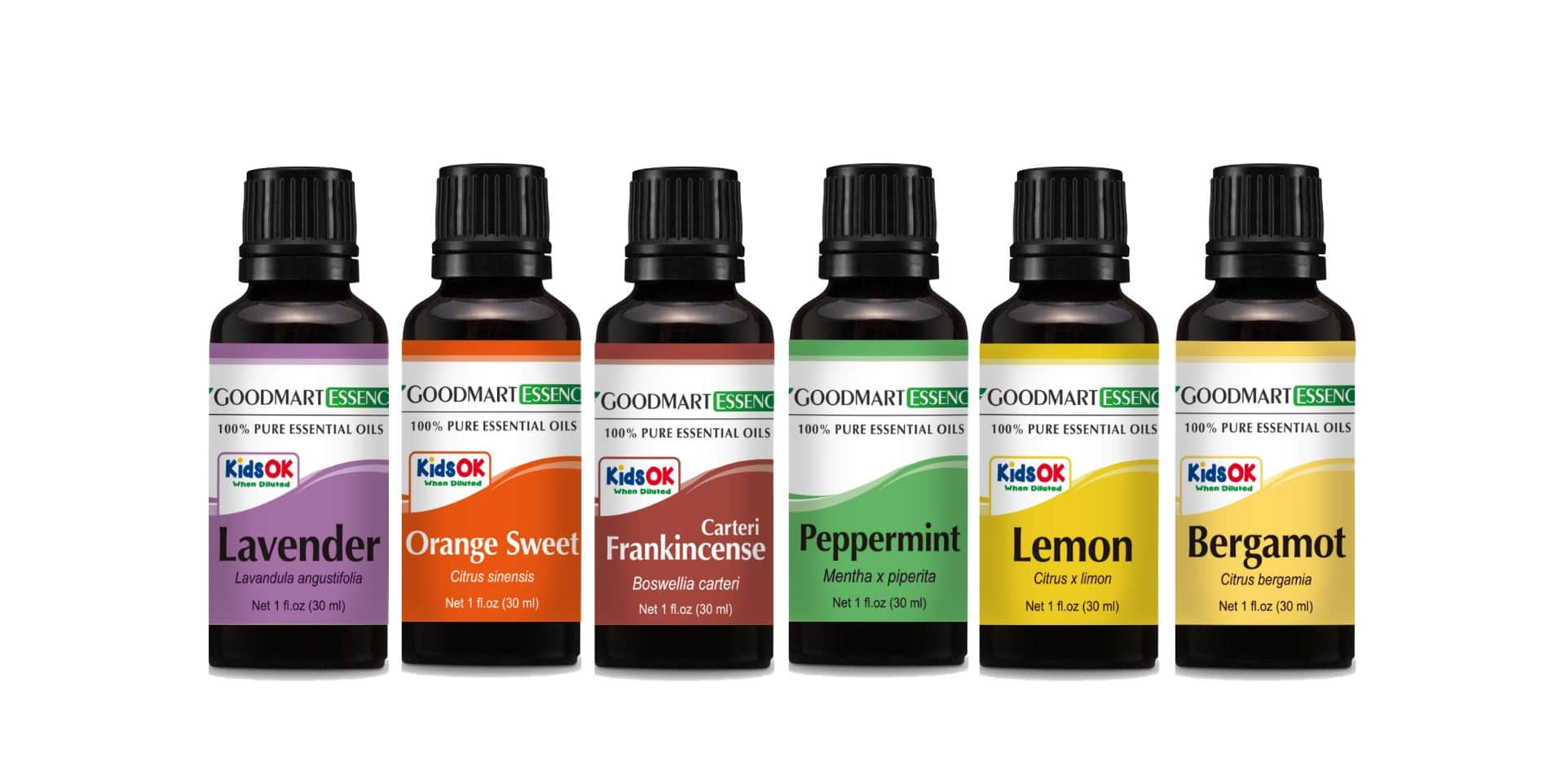What is Essential Oil
Essential oils are often used in aromatherapy as a form of alternative natural medicine. This article explains what you need to know about essential oils.
What is Essential Oil?
Essential oils are compounds extracted from plants and these oils capture the plant’s scent, which are called its “essence.” Unique aromatic compounds give each essential oil its characteristic essence.
Essential oils are obtained through different methods such as distillation (via steam or CO2 ) or mechanical methods, such as cold pressing. The way the oils are made is important, as essential oils obtained through chemical processes are not considered true essential oils.
What is Pure Essential Oils
Many companies claim that their oils are “pure”, “aromatherapeutic grade” or “medical grade.” However, these terms aren’t universally defined and therefore hold little weight. As it is an unregulated industry, the quality and composition of essential oils can vary greatly.
Keep the following tips in mind to choose only high-quality oils:
• Purity: Find an oil that contains only aromatic plant compounds, without additives or synthetic oils. Pure oils usually list the plant’s botanical name (such as Lavandula officinalis), rather than terms like “essential oil of lavender.”
• Quality: True essential oils are the ones that have been changed the least by the extraction process. Choose a chemical-free essential oil that has been extracted through distillation or mechanical cold pressing.
• Reputation: Purchase a brand with a reputation for producing high-quality products.
• Price: As it’s a complicated process with lots of plants consumed to obtain little pure essential oils, its price can’t be too cheap. If essential oils are listed with surprisingly low prices, be aware of its quality.
What is ‘water-soluble’ essential oil?
No essential oil is water soluble naturally and there is no such thing as a water soluble essential oil. Essential oils are the essence of a plant material created via steam distillation or CO2 extraction. The oil is always an oil. A volatile oil, but an oil none the less. Due to the nature of its composition, they don’t mix in with water and they won’t dissolve at all.
In order to get water soluble essential oils, often they are treated with an emulsifier like polysorbate (chemicals) before they need to be blended into a product with water in it. More actually it is called water soluble fragrance and it is synthetic rather than natural. So there is no aromatherapeutic effect.
Some Most Common Used Essentials Oils
There are more than 90 types of essential oils, each with its own unique smell and potential health benefits. Here’s a list of 10 most common used essential oils and the health benefits related with them:
Peppermint: Boost energy and help with digestion.
Lavender: For stress relief and relaxing.
Sandalwood: Calm nerves and help with focus.
Bergamot: Reduce stress and improve skin conditions like eczema.
Rose: Improve mood and reduce anxiety.
Chamomile: Improve mood and relaxation.
Ylang Ylang: Treat headaches, nausea and skin conditions.
Tea Tree: Fighting infections and boost immunity.
Jasmine: Help with depression, childbirth and libido.
Lemon: Aid digestion, mood, headaches and more.
Source: Healthline

